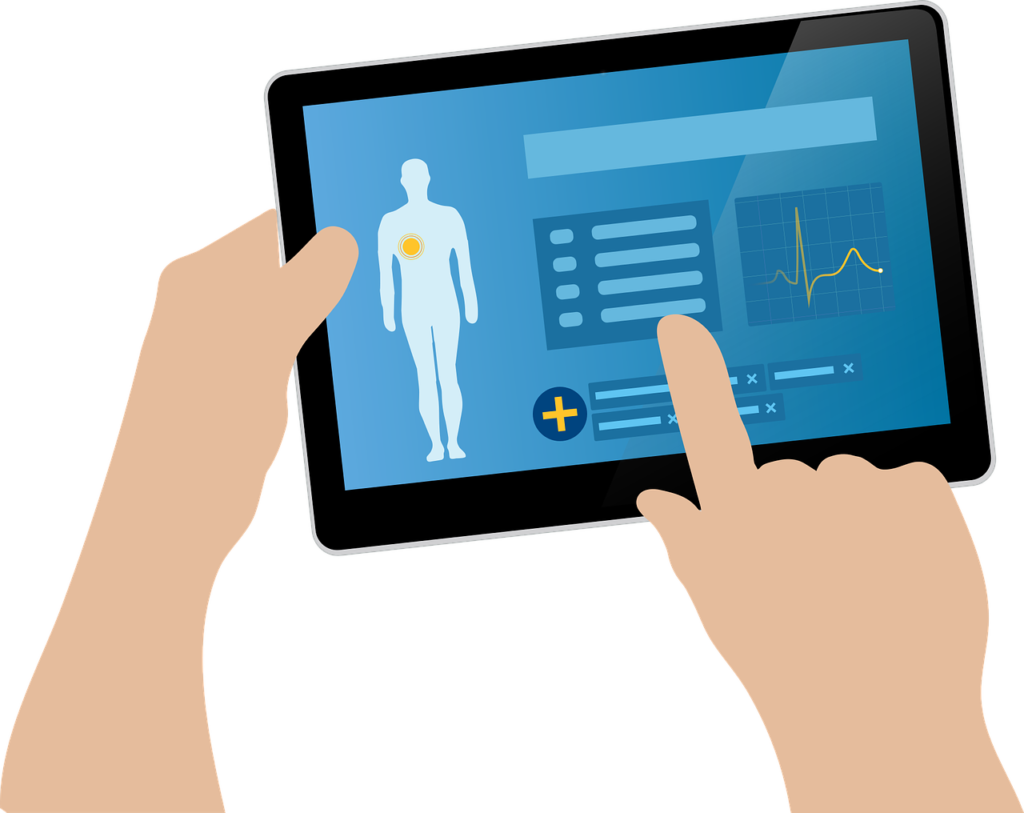In the United States, young men who have sex with men (MSM) are at higher risk for being infected with HIV, and are experiencing problems at various stages of HIV care, including getting on medication, staying on medication, and treating their HIV effectively. There is a large need for interventions tailored specifically to young MSM to help them get and stay on treatment.
Recently, interventions that use technology (like mobile apps) for people living with HIV have been shown to be successful, so this type of intervention can help young HIV positive MSM to connect with other people going through the same struggles. Researchers at many universities and organizations, including the University of North Carolina, Ayogo, Duke University, University of Illinois, and Stroger Hospital, decided to make a mobile application called AllyQuest, that would help young MSM engage in HIV care, stay on their medications, and receive social support.
Interventions are normally more successful if they are based on a specific learning theory, and this mobile app is evidence-based in social cognitive theory. This theory is based on the idea that people learn by observing others. The four principles of social cognitive theory are addressed throughout the app. The first is observational learning which is addressed by having app users participate in daily activities, and another is modeling experiences addressed by “choose-your-own-adventure” stories and daily discussions. The third is self-efficacy (your own belief in your ability to succeed or accomplish tasks), addressed by tailored messages, and the last is reinforcements, addressed by virtual rewards and achievements. This app was also unique in that it added game design concepts, including the ability to “level up”, earn and redeem in-app virtual currency, and the ability to unlock app features, which gave opportunities for more engagement from participants.
Once the app was tested by 8 HIV positive young MSM for usability (including technical issues and intervention features), this app was then tested in a 4 week pilot trial with 20 young HIV positive MSM to evaluate how feasible and acceptable this app was as an intervention.
Overall, the average age of the app participants was 22 years old, 95% nonwhite, 95% identifying as gay, and 25% reporting that they’ve been homeless in the last year. At the beginning of the study, all participants were under the care of an HIV doctor, and 95% were on HIV medication. All participants had used the app during the study, and 85% of the participants were still retained at the end of the one-month study. Overall, participants found the app was easy to use and navigate, was not intrusive, and there were very few technical difficulties. The favorite features of the app for participants were the daily discussions and the medication tracker. The discussions gave the participants a way to both give and receive advice in a safe space, while the medication tracker gave them a way to establish a medication strategy and to normalize taking medications daily.
Young men who have sex with men, and other members of the LGBT community are a vulnerable population, marginalized, and are also disproportionately affected by HIV. All of these factors together can make it really difficult for HIV positive members of these groups to get and stay on treatment. This game-based mobile app could be very helpful for these individuals to show that they are not alone, and gives them a way to connect with others going through the same journey. This strategy will be incredibly helpful moving forward to make sure these individuals have a voice, a safe space, and a way to keep themselves healthy as the country and the world attempts to get rid of HIV entirely.


